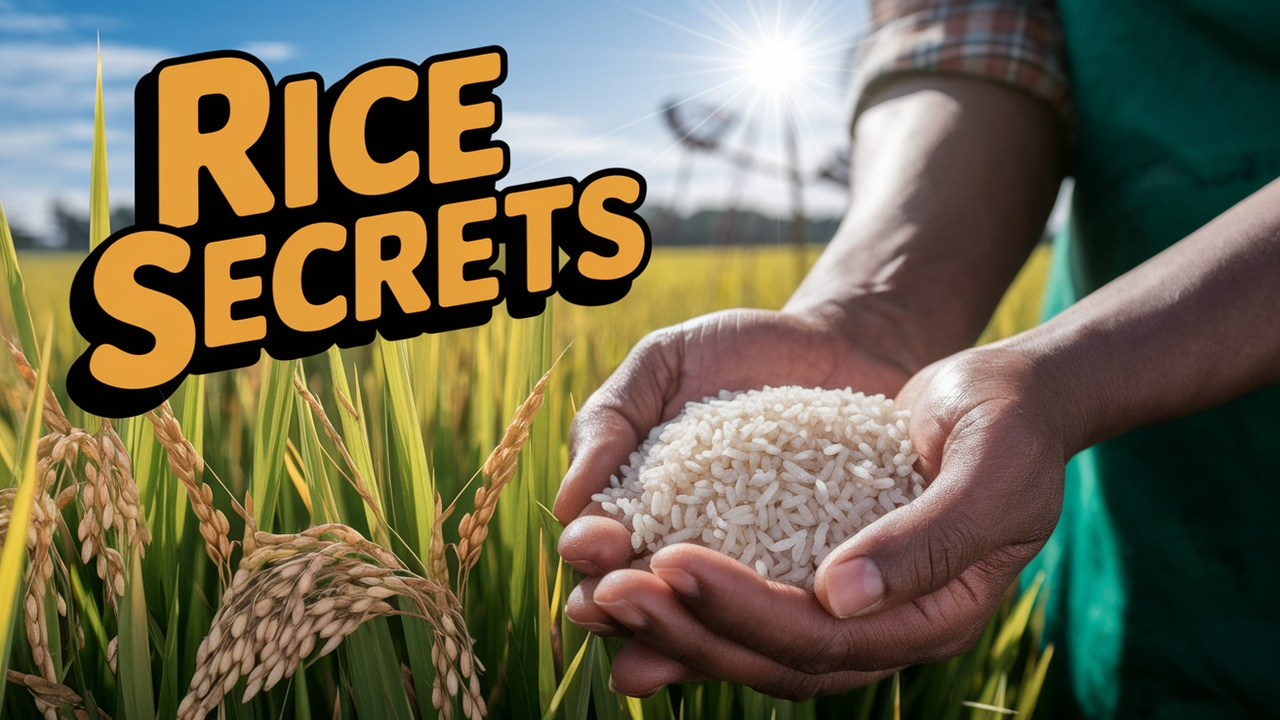
This course provides an in-depth understanding of rice cultivation, from selection of varieties to best management practices for optimal yield. Participants will learn about the ecological, economic, and social aspects of rice farming, preparing them for sustainable and productive agricultural practices.
Course Levels
-
Level 1: Introduction to Rice
This level introduces the foundational concepts of rice cultivation, including its history, significance, and basic biology.
-
Level 2: Soil and Water Management
This level focuses on the essential factors of soil and water management that influence rice growth and yield.
-
Level 3: Crop Management Practices
This level covers advanced crop management practices that enhance productivity and sustainability in rice farming.
-
Level 4: Sustainable Rice Farming
This level emphasizes sustainable practices that promote ecological balance and economic viability in rice farming.
-
Level 5: Economic Aspects of Rice Cultivation
This level examines the economic factors influencing rice farming, including market dynamics and financial management.
-
Level 6: Policy and Community Engagement
This level discusses the policies affecting rice cultivation and the importance of community engagement in agricultural development.
-
Level 7: Advanced Research and Innovations in Rice Cultivation
This level explores cutting-edge research and innovations that are shaping the future of rice cultivation.
Course Topics
-
Irrigation Techniques and Water Management
# Irrigation Techniques and Water Management Effective irrigation and water management are crucial components of rice cultivation. Proper techniques not only optimize water usage but also enhance cro...
-
Pest and Disease Management
# Pest and Disease Management in Rice Cultivation Effective pest and disease management is essential for achieving optimal yields in rice cultivation. This section covers the fundamental principles, ...
-
Nutrient Management for Rice
# Nutrient Management for Rice Nutrient management is a critical component of rice cultivation that directly influences the yield and quality of the crop. Proper nutrient management ensures that rice...
-
Rice Cultivation Regions
# Rice Cultivation Regions Rice is one of the most important staple foods in the world, and its cultivation is influenced by geographical, climatic, and socio-economic factors. Understanding the majo...
-
Market Trends and Pricing Strategies
# Market Trends and Pricing Strategies Understanding market trends and developing effective pricing strategies are crucial for the success of rice cultivation. In this section, we will explore key co...
-
Accessing Funding and Resources
# Accessing Funding and Resources Accessing funding and resources is vital for successful rice cultivation. Understanding the various funding avenues available can empower farmers and entrepreneurs i...
-
Export Opportunities for Rice Farmers
# Export Opportunities for Rice Farmers Rice is one of the most significant staple foods globally, and its cultivation offers vast opportunities for farmers, especially in the export market. This sec...
-
History and Importance of Rice Cultivation
# History and Importance of Rice Cultivation Rice is one of the most important staple foods in the world, serving as a primary source of energy for over half of the global population. Understanding t...
-
Soil Fertility and Testing
# Soil Fertility and Testing ## Introduction to Soil Fertility Soil fertility refers to the ability of soil to provide essential nutrients to plants in adequate amounts and in usable forms. This is c...
-
Drones and Remote Sensing in Agriculture
# Drones and Remote Sensing in Agriculture Drones and remote sensing technologies have revolutionized agricultural practices, particularly in rice cultivation. These innovations provide farmers with ...
-
Community-Based Approaches to Rice Farming
# Community-Based Approaches to Rice Farming ## Introduction Community-based approaches to rice farming emphasize collaboration among farmers and stakeholders to enhance productivity, sustainability,...
-
Government Policies and Support for Rice Farmers
# Government Policies and Support for Rice Farmers ## Introduction Government policies play a crucial role in supporting rice farmers, ensuring food security, and promoting sustainable agricultural p...
-
Crop Rotation and Diversification
# Crop Rotation and Diversification Crop rotation and diversification are essential practices in rice cultivation that significantly enhance soil health, increase crop yields, and reduce pests and di...
-
Future Trends in Rice Production
# Future Trends in Rice Production ## Introduction Rice is a staple food for over half of the world's population, and with the growing global population, the demand for rice is set to increase. This ...
-
Basic Terminology in Rice Farming
# Basic Terminology in Rice Farming Rice farming has a rich vocabulary that is essential for understanding and communicating effectively within the agricultural community. This section will introduce...
-
Value Chain in Rice Production
# Value Chain in Rice Production Understanding the value chain in rice production is crucial for improving efficiency, maximizing profitability, and ensuring sustainability in the rice cultivation pr...
-
Genetic Modification and Its Implications
# Genetic Modification and Its Implications Genetic modification (GM) refers to the direct manipulation of an organism's genes using biotechnology. In the context of rice cultivation, GM technology h...
-
Weed Management Strategies
# Weed Management Strategies in Rice Cultivation Effective weed management is essential for maximizing rice yield and quality. Weeds compete with rice for nutrients, water, and light, which can sever...
-
Precision Agriculture Technologies
# Precision Agriculture Technologies Precision agriculture (PA) refers to the use of technology and data analysis to manage crop production with extreme precision. This approach enhances the efficien...
-
Participatory Research and Development
# Participatory Research and Development (PR&D) Participatory Research and Development (PR&D) is a collaborative approach to creating knowledge and technology that involves all stakeholders, particul...
- And 15 more topics...